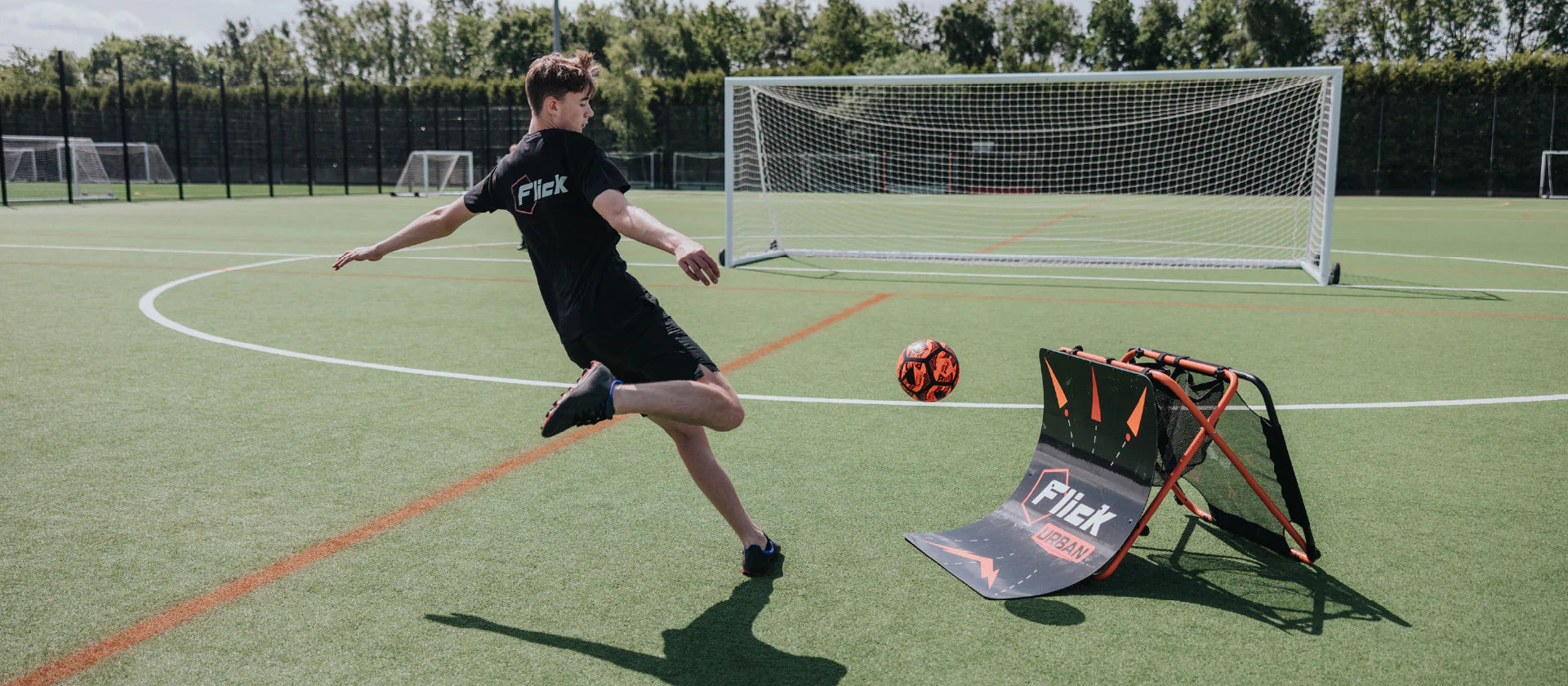The extra hour of daylight in the evenings can be a valuable opportunity for football players to get in some outdoor training and practice. This can be particularly important during the winter months, when daylight hours are limited and training time can be restricted to the weekends. The longer days provide more flexibility for players and coaches to schedule practices and training sessions, and to work on specific areas of their game.
One of the biggest benefits of taking advantage of daylight savings time is the chance to improve players’ fitness levels. By spending more time on the pitch, players can work on their endurance and stamina, which is important for maintaining high performance levels during matches. Football players need to be able to cover a lot of ground during a game, and the extra hour of training can help build up their cardiovascular fitness and improve their overall fitness levels.
The extra hour of daylight can also be used for skill development. Football players can use this time to work on their technique, such as passing, shooting, dribbling, and tackling. These skills are essential for success on the pitch, and the extra training time can give players the chance to hone their abilities and improve their game.
Of course, it’s important to balance training with rest and recovery, especially during the busy football season. Players and coaches should work together to create a training schedule that takes into account the additional hour of daylight, while also ensuring that players have enough rest and recovery time.
In conclusion, daylight savings time in the UK can be a valuable opportunity for football players to get in some extra training and practice. With the longer days, players can work on their fitness and skill development, ultimately improving their performance on the pitch. So, if you’re a football player looking to up your game, make sure you take advantage of this time change and get out on the pitch for some extra training!















